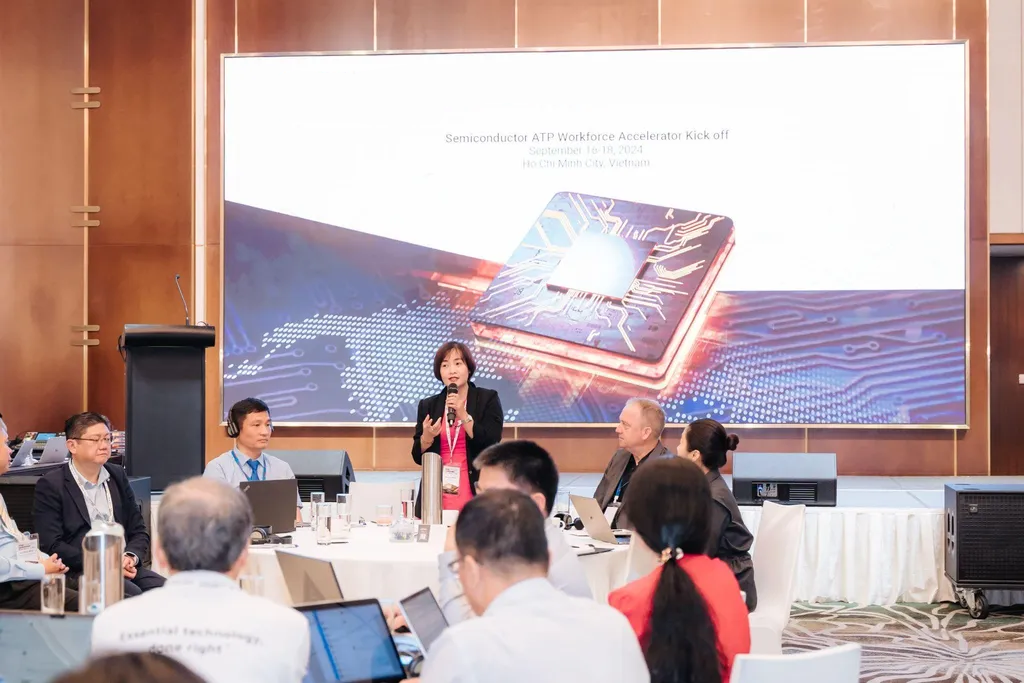Cultivating Industry-Ready
IC Engineers
Our Comprehensive Training Ecosystem bridges the critical skills gap in semiconductor industry

The Industry’s Critical Skills Gap
Our program aims to bridge this gap
The global semiconductor industry faces intense time-to-market pressures and the high cost of errors, making ‘First-Time Correct Silicon’ paramount.
This drives a significant demand for skilled engineers capable of ‘shifting left’—designing sharply and finding bugs earlier in the design cycle.
Our Program Philosophy: A Holistic Approach
Big Picture
Understanding the “Big Picture” of SOC teams and roles
Foundation
Reviewing core EE principles and connecting them to IC design.
Toolbox
Equipping students with essential development environment skills (Unix, code editors, scripting, Git).
Core Technical Skills
In-depth training in IC Digital Design, Verification, SystemVerilog, Methodologies.
Advanced Topics
Modules covering DFT, Low Power, Timing, and advanced verification techniques.
Professionalism
Integrating soft skills, process awareness, and project context.
Application
Capstone projects to integrate and demonstrate acquired skills on realistic, industry-relevant tasks.
Multi-Tiered Curriculum
Catering to:
Focus Areas:
RTL Design
Functional Verification
Physical Design
DFT
Power Aware
System Validation
Key Topics Include:
Practical & Hands-On Training
“We prioritize ‘learning by doing’ through simulated industry projects, providing invaluable real-world experience.”
Extensive labs reinforce theory and build crucial EDA tool proficiency using industry-standard tools.
Industry Tools:
Cadence, Synopsys, Open-source tools
